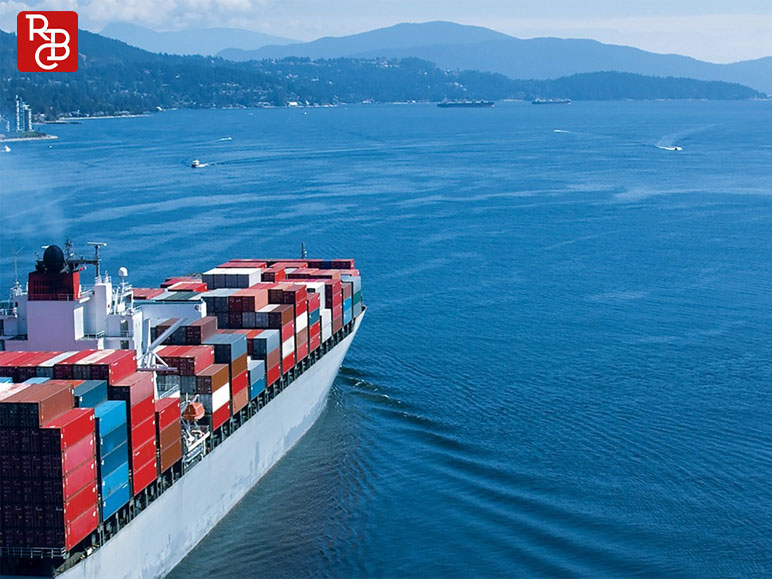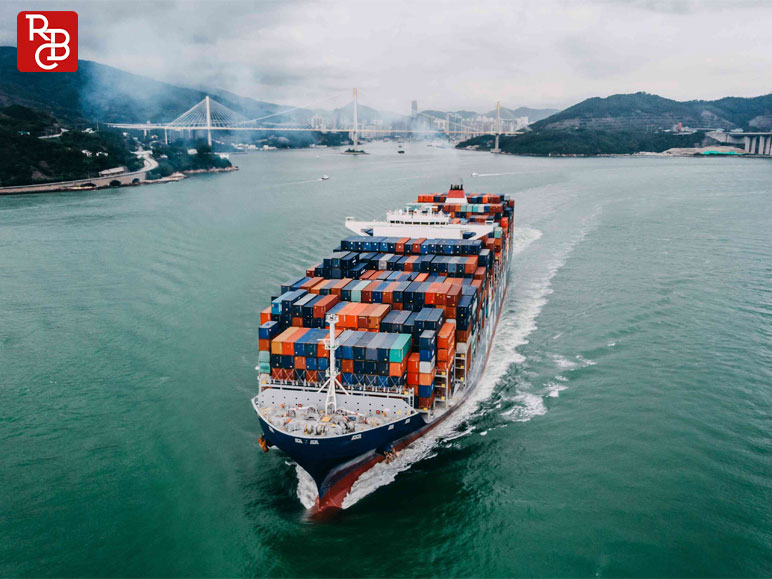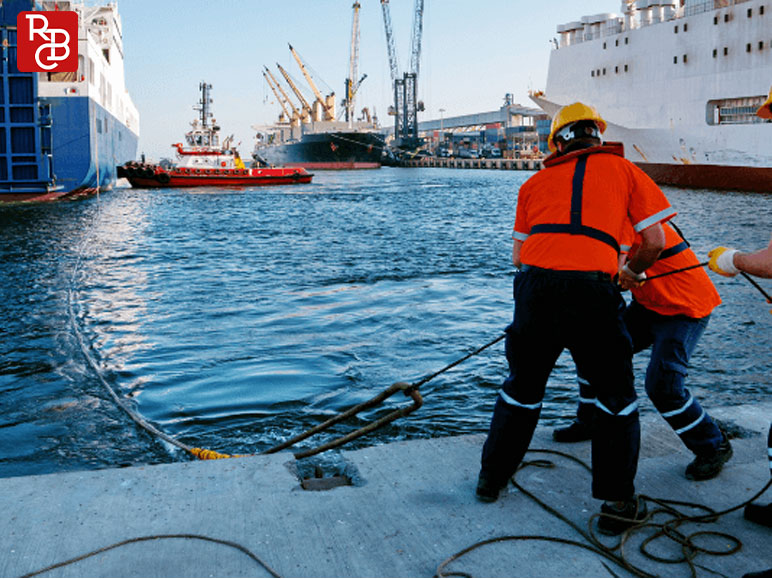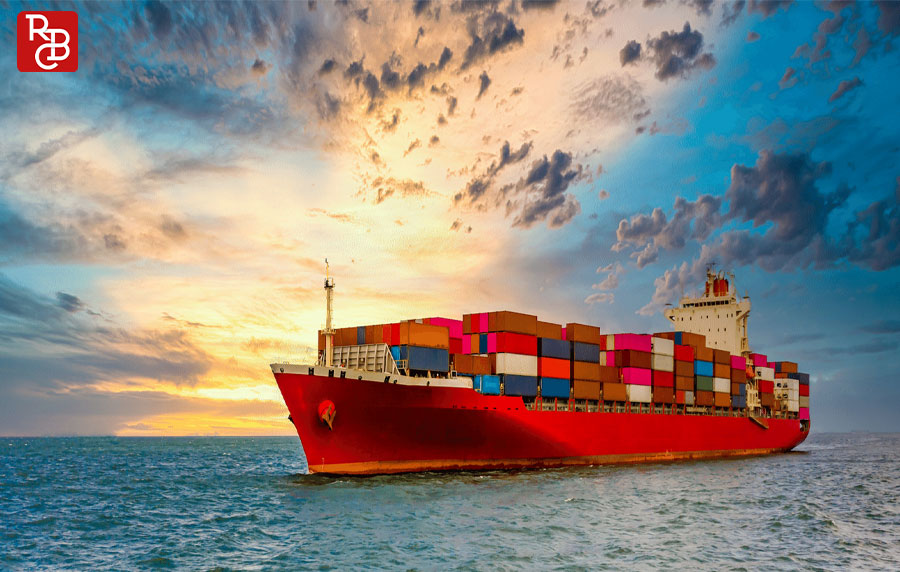Is marine transportation a good career path for you? Marine transportation, a vibrant and promising profession, includes a diverse fleet, which includes ferries and cargo vessels, luxurious cruise liners, and specialized reefer vessels. This dynamic field plays a pivotal role in facilitating the transport of goods and passengers across the expansive oceans.
It extends its reach to vital activities like vehicle shipping and leisure cruises, as well as the transportation of crucial bulk commodities including crude oil, coal, and grains. Rigorous adherence to the CG-CVC safety code underscores the paramount importance of safety and security for these commercial vessels.
On a distinct front, military maritime transport assumes the crucial responsibility of transferring military-grade weaponry and troops across the vast seas.
Overview: Marine Transportation

Searching for the answer to is marine transportation a good career path. In the realm of career considerations, one might ponder the viability of marine transportation.
This professional trajectory beckons to those with an affinity for the boundless sea and an inclination toward seeking solace amidst its waves. Within this industry, a plethora of gateways present themselves, promising avenues of growth and progression for the earnest aspirant.
Remarkably, even those not inherently drawn to maritime pursuits may discover their niche ashore, immersed in the realms of logistics, salesmanship, and vessel marketing.
The continental expanse of the United States beholds an annual spectacle, with approximately 8,700 opportunities unfurling for those who aspire to specialize in the domain of waterborne transit.
How To Enter Into The Marine Transportation Industry?

A vocation characterized by an enduring fondness for voyage, protracted hours of labor, and a palpable contentment derived from the embrace of aqueous domains.
The remuneration packages are competitive, the foundations of financial stability are laid, and avenues for upward mobility are numerous.
However, success in this venture demands assiduous preparation, a cognizance of entry prerequisites, and an astute recognition of prized aptitudes.
Things To Know Before Entering Into Marine Transportation
Here are some smart tips that will give you a better idea about is marine transportation a good career path or not.
- Firstly, embark on a judicious strategy to narrow the scope of your employment pursuit. Delve into the intricacies of a particular niche within the expansive realm of marine transportation. This will, undoubtedly, render your quest for an occupation a more streamlined and discerning endeavor.
- Secondly, immerse yourself in the auspices of apprenticeship programs within the marine industry. These immersive initiatives bestow upon you the invaluable boon of hands-on training and experiential erudition. A foundation that proves to be indispensable in the ensuing journey.
- As you follow this path, seek out the portals of entry-level positions. Assume roles as a sailor or a marine oiler, for these posts are the crucibles of practicality, the forge in which firsthand experience in vessel operations is smelted and honed.
- Last but not least, devote your energies to honing technical proficiencies. Embark on a voyage of refinement in skills pertaining to navigation and risk analysis. It is through this crucible that your competence in this field shall be fortified and your prowess unmistakably demonstrated.
Available Job Roles In Marine Transportation

A career in marine transportation opens up a wide array of prospects in the industry. Thinking is marine transportation a good career path? The specific job description will hinge on your skill set and level of training in marine transportation.
General Crew
This role comes with an average annual wage of $43,735 USD. Responsibilities encompass assisting with hands-on operations, loading and unloading, equipment repairs, and occasionally aiding in navigation.
Steward
With an average annual wage of $35,904 USD, stewards are primarily employed on long-distance vessels. They are responsible for passenger care, refreshments, chamber turnover, and vessel interior upkeep.
Marine Engineer
This role commands an average annual salary of $90,000 USD. Marine engineers oversee the design, supervision, testing, installation, and repair of nautical equipment.
Marine Chef
With an average annual wage of $64,558 USD, marine chefs provide cuisine for workers and passengers on board, primarily operating in the galley department.
Naval Architect
This pivotal role, entrusted with the design, upkeep, and restoration of naval apparatus and vessels, bestows upon its incumbents an average annual stipend of $84,000 USD.
First Mate
Positioned as the second-in-command aboard a vessel, this role commands an average annual compensation of $35,934 USD. Substantial cognizance of maritime navigation and operations is requisite.
Captain
Ascending to the zenith of authority, a captain commands an average annual emolument of $67,475 USD. Their purview encompasses the direction of the crew, the intricacies of vessel navigation, and the administration of controls.
Shipping Operations Assistant
Tasked with internal responsibilities such as data logging and port administration within the ambit of commercial shipping, this role garners an average annual salary of $34,251 USD.
Required Qualifications For Entering Into Marine Transportation
Though entry into the marine transportation domain often does not demand protracted scholastic pursuits, as one ascends the professional ladder, specific certificates may become requisite. The following educational milestones warrant consideration while searching for the answers of is marine transportation a good career path.
GED and High School Diploma: These foundational credentials serve as the threshold for entry-level positions.
Trade or Technical School Diplomas: Specialized training confers a competitive edge within distinct sectors of marine transportation.
Bachelor of Science in Marine Science: This program imparts comprehensive knowledge and augments prospects for career progression.
TDML Certificate: An attestation of proficiency in transportation, distribution, and maritime logistics
TWIC and MMC Certificates: Essential credentials for bolstering security and credibility within the field
The crucible of on-the-job training is indispensable, providing a conduit for the acquisition of practical proficiencies and familiarization with organizational protocols.
What You Will Get After Joining Marine Transportation?
For those seeking a vocation that amalgamates intellectual acumen with physical dexterity, marine transportation unfurls a realm of promise. Be it an affinity for the sea or a proclivity towards Terra firma, this industry offers a tapestry of opportunities. Consider the following compelling reasons to embark on a career in marine transportation:
| Diverse Specializations | A cornucopia of occupational roles caters to an array of interests and skill sets. |
| Global Reach | The industry’s expansive reach provides opportunities for international work and travel. |
| Job Stability | Long Standing demand ensures a stable trajectory of employment. |
| On-the-Job Training | Many roles offer training, rendering it accessible for novices |
| Competitive Compensation | The average annual remuneration for marine transporters surpasses the national average. |
| Rewarding Responsibilities | Orchestrating and overseeing marine activities can be intrinsically gratifying. |
| Ample Vacation Time | Given the nature of the work, generous intervals of respite are often afforded. |
| Transferable Skills | Marine transportation cultivates invaluable proficiencies like adept time management, enduring fortitude, and adept multitasking. |
The selection of a suitable company is pivotal to the trajectory of a prosperous career in marine transportation. With a plethora of companies in the United States, discernment is imperative. While the industry may not be expanding at an exponential pace, it presents distinctive challenges and rewards. According to the Bureau of Labor Statistics, the median annual income for marine transportation drivers stands at $47,640.
Conclusion

Get the answer: is marine transportation a good career path? A career in marine transportation stands as an outstanding choice to enjoy the great outdoors and seek a dynamic and demanding profession. With dedication and diligence, a career in marine transportation can prove to be both financially lucrative and personally enriching. It is prudent to explore all available avenues before arriving at a decision, as the occupational panorama in this industry exhibits promising prospects, particularly as we approach the threshold of 2030, with buoyant growth potential for vocations such as ship captains and motorboat operators.
Also Read:
- ChatGPT Traffic Declining 3.2% In August
- How To Call 911: When Reporting An Emergency
- MGM Resorts Decided To Shut Down Computer Systems


